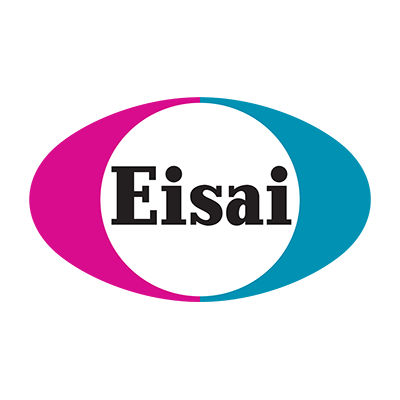Merck’s Keytruda regimen granted FDA approval to treat endometrial cancer
18 Jun 2024
Clinical ResultDrug ApprovalVaccine

Preview
Source: PMLiVE
Merck & Co – known as MSD outside the US and Canada – has received expanded approval from the US Food and Drug Administration (FDA) for the use of Keytruda in endometrial cancer.
The anti-PD-1 therapy can now be used in combination with carboplatin and paclitaxel, and then as a single agent, to treat adults with primary advanced or recurrent endometrial carcinoma.
Approximately 67,880 new cases of uterine cancer will be diagnosed in the US this year and endometrial carcinoma is the most common type.
The therapy already holds a range of approvals in the US, including for two other endometrial carcinoma indications as a monotherapy and in combination with Eisai’s Lenvima (lenvatinib).
The FDA’s latest decision was supported by positive results from the late-stage KEYNOTE-868 trial, in which the Keytruda regimen reduced the risk of disease progression or death by 40% in patients whose cancer was mismatch repair proficient (pMMR) and by 70% in those with mismatch repair deficient (dMMR) disease, compared to placebo plus carboplatin and paclitaxel followed by placebo alone.
For patients whose cancer was pMMR, median progression-free survival (PFS) in the Keytruda regimen group was 11.1 months versus 8.5 months for the placebo plus carboplatin and paclitaxel arm. For those with dMMR disease, median PFS was not reached in the Keytruda group versus 6.5 months for the placebo.
Dr Gursel Aktan, vice president, global clinical development, Merck Research Laboratories, said: “This approval represents the first and only anti-PD-1-based option for adult patients with primary advanced or recurrent endometrial carcinoma regardless of mismatch repair status, building on the established role of Keytruda in certain types of advanced endometrial carcinoma as [a] monotherapy and in combination with Lenvima.”
Beyond endometrial carcinoma, Keytruda holds approvals to treat a wide range of cancers, including specific cases of cervical cancer, bladder cancer, biliary tract cancer, non-small cell lung cancer and renal cell carcinoma.
For more details,please visit the original website
The content of the article does not represent any opinions of Synapse and its affiliated companies. If there is any copyright infringement or error, please contact us, and we will deal with it within 24 hours.
Organizations
Targets
Drugs
Hot reports
Get started for free today!
Accelerate Strategic R&D decision making with Synapse, PatSnap’s AI-powered Connected Innovation Intelligence Platform Built for Life Sciences Professionals.
Start your data trial now!
Synapse data is also accessible to external entities via APIs or data packages. Leverages most recent intelligence information, enabling fullest potential.





